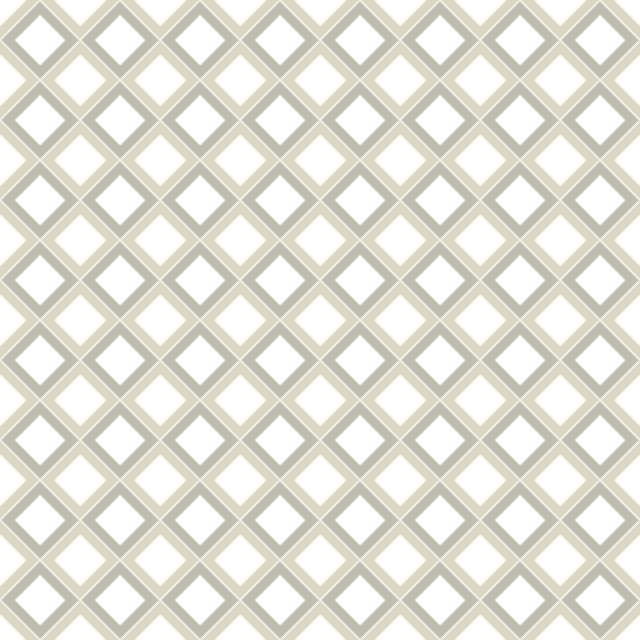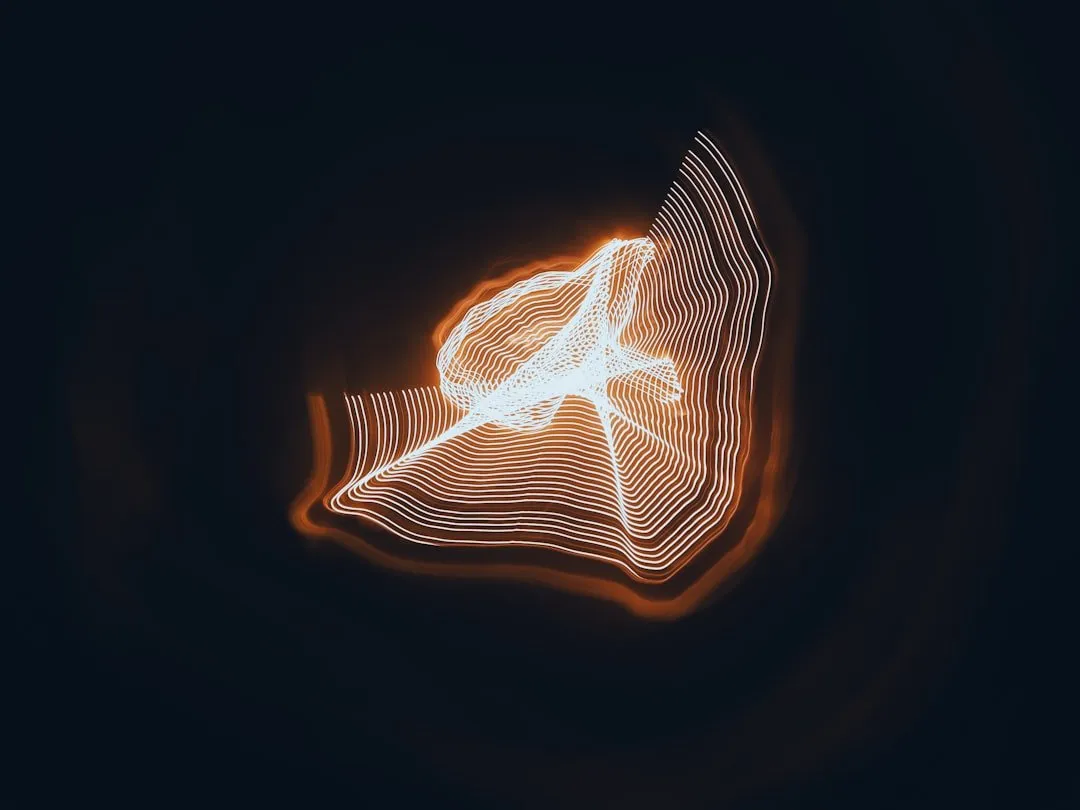Muscle soreness after exercise peaks 24-72 hours post-activity due to micro-tears in fibers. Traditional remedies include rest, stretching, and painkillers, but kratom—a natural herb with historical roots—emerges as a modern solution. Kratom's active compounds interact with opioid receptors, potentially reducing pain and inflammation, and it's known to support hair growth by enhancing blood flow and providing necessary nutrients to follicles. While individual results may vary, proper dosage and strain selection are key, offering new avenues for holistic wellness routines that blend traditional wisdom with modern insights.
Muscle soreness can significantly impact our daily lives, but natural remedies offer hope. This article delves into understanding muscle soreness and its causes, while exploring kratom as a potential solution. We examine how this herb, known for its diverse effects, could aid in both hair growth and muscle recovery. Discover the scientific basis behind kratom’s benefits and learn why it’s becoming a popular choice for natural wellness enthusiasts seeking relief from post-workout aches and promoting healthy hair growth.
- Understanding Muscle Soreness and Its Causes
- Exploring Kratom as a Natural Remedy
- The Potential Benefits of Kratom for Hair Growth and Muscle Recovery
Understanding Muscle Soreness and Its Causes

Muscle soreness is a common issue that affects people of all ages and activity levels, often arising from various physical activities or sudden movements. It’s characterized by a discomfort and tight feeling in the muscles, typically peaking 24-72 hours after exercise. This sensation is the body’s natural response to micro-tears in muscle fibers during intense workouts or new physical routines. Several factors contribute to muscle soreness, including lactic acid buildup, inflammation, and delayed onset muscle soreness (DOMS).
While many people turn to traditional remedies like rest, stretching, and over-the-counter painkillers, there’s growing interest in natural alternatives, such as kratom. Contrary to some beliefs, kratom isn’t just known for its effects on relaxation and potential hair growth—it also offers anti-inflammatory properties that could alleviate muscle soreness. Scientific studies suggest that kratom’s active compounds interact with opioid receptors in the body, potentially reducing pain signals and inflammation, thus providing relief from sore muscles.
Exploring Kratom as a Natural Remedy

Kratom, a natural herb with a rich history in traditional medicine, has gained modern attention for its potential benefits in alleviating muscle soreness and promoting relaxation. Beyond its well-known effects on mood and energy, kratom is believed to offer a unique approach to soothing aching muscles. The plant contains various compounds, including alkaloids, which may interact with the body’s opioid receptors, providing pain relief without the side effects often associated with traditional pharmaceuticals.
For those seeking alternative remedies for muscle soreness, kratom presents an intriguing option. Its ability to stimulate hair growth is also a notable benefit, making it a multifaceted solution. As with any natural remedy, individual results may vary, and proper dosage and strain selection are crucial. Exploring kratom as a natural remedy for muscle soreness opens up new possibilities in self-care practices, especially in the context of holistic wellness routines that combine traditional knowledge with modern insights.
The Potential Benefits of Kratom for Hair Growth and Muscle Recovery

Kratom, a herb known for its pain-relieving and mood-enhancing properties, has also garnered interest in the beauty and wellness communities for its potential benefits beyond muscle soreness relief. Beyond its well-documented effects on reducing pain and inflammation, kratom is believed to stimulate hair growth and support overall muscle recovery. The leaves of the kratom plant contain potent alkaloids that can interact with the body’s endocannabinoid system, which plays a significant role in regulating various physiological processes, including hair folicle health and muscle repair.
Studies suggest that specific kratom strains may promote hair growth by increasing blood flow to the scalp, providing essential nutrients to hair follicles. Additionally, kratom’s anti-inflammatory properties can help reduce dandruff and scalp irritation, creating an optimal environment for healthy hair growth. For individuals experiencing muscle soreness or injuries, kratom’s natural ability to reduce inflammation and relax muscles could aid in accelerating recovery, allowing athletes and fitness enthusiasts to return to their activities sooner.
Kratom, with its diverse biological properties, emerges as a promising natural remedy for muscle soreness relief. By understanding the causes behind post-exercise discomfort, we can explore alternative treatments like kratom, which shows potential benefits for both muscle recovery and stimulating hair growth. This ancient herb’s ability to interact with opioid receptors may offer a gentle yet effective solution for those seeking relief from chronic muscle soreness. Incorporating kratom into self-care routines could be a game-changer for individuals looking to enhance their physical well-being, particularly in the realm of post-exercise recovery and hair health.














